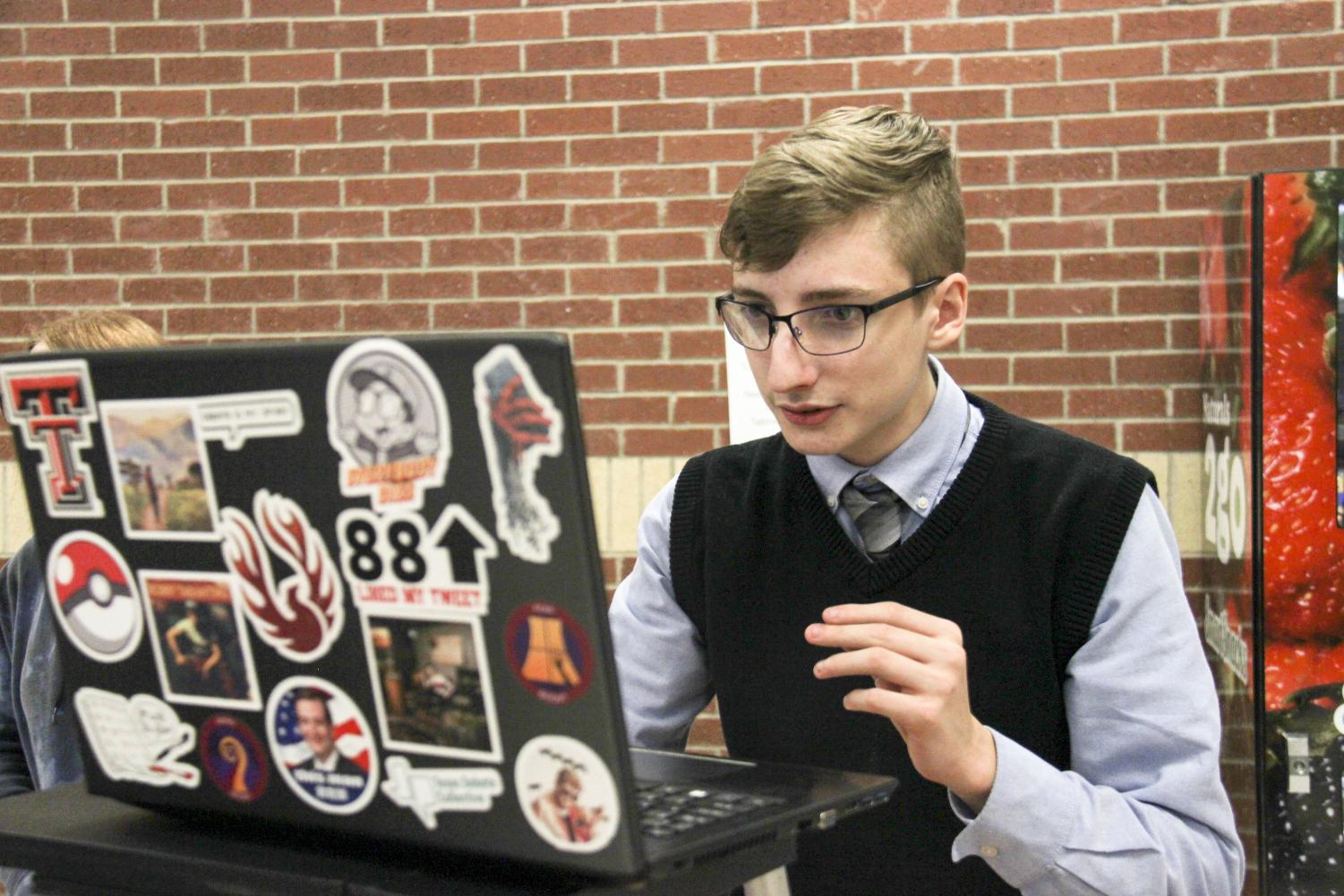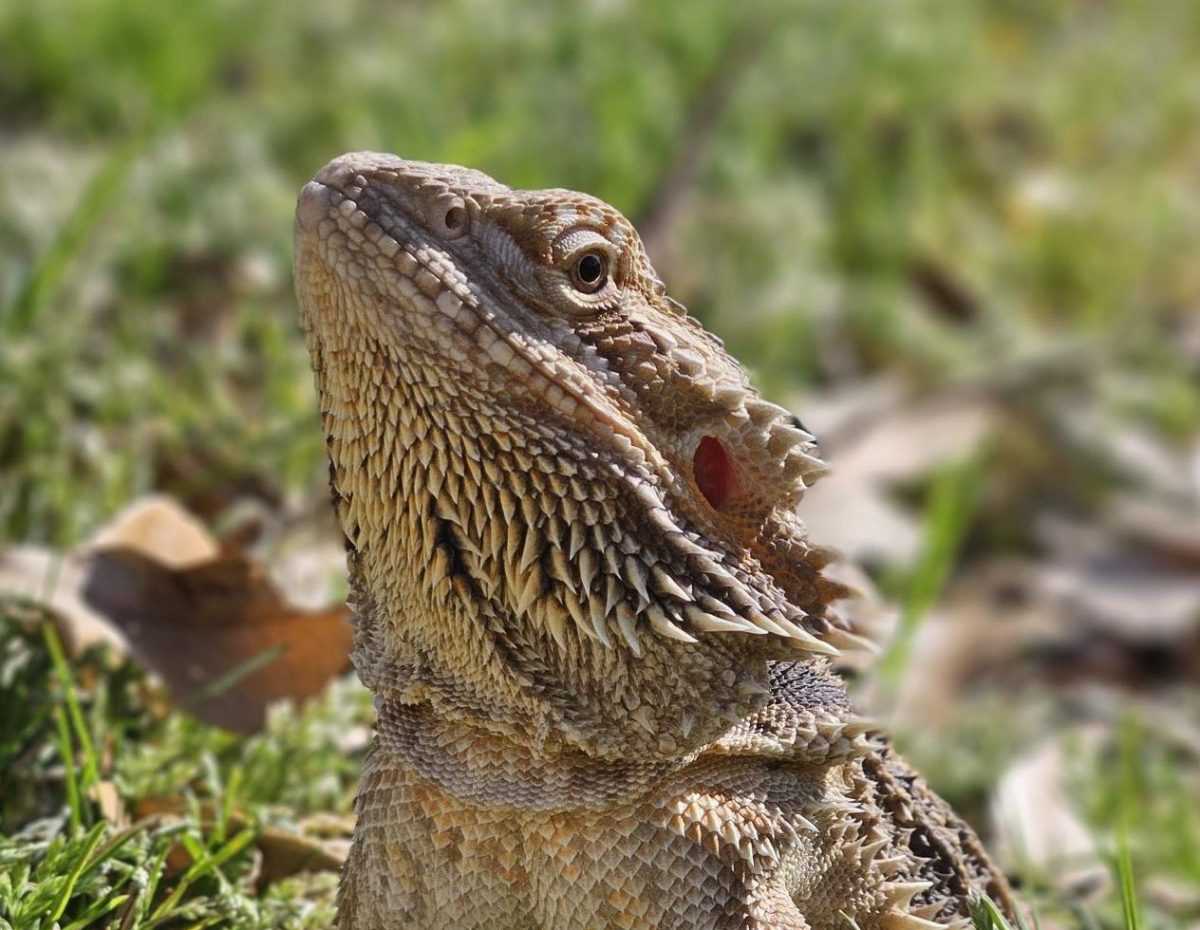I raced down the stairs with 60 other seventh graders into the open foyer of the E.J Moss campus. I was eager to start throwing foamy dodgeballs at each other and let out the sugar-induced energy from lunch by running purposelessly around the gym and giggling to no end. Except, for me, I raced down the stairs with the same image, but I forgot it was Wednesday. Wednesdays are speech days. My speech therapist waited near the doorway of the gym for me. We slowly went back up the stairs and into a closet-like room filled with PVC pipes, tongue diagrams, lists of syllables to practice and drills to do to mask my speech impediment. I wasn’t new to this. I had been in speech therapy since 5th grade and I became aware of my inability to pronounce any syllable with the letter “R” in it in every sentence that came out of my mouth.
Because of the severity of my impediment, most words that I uttered were extremely hard to understand. This created a social order where, because it was extremely difficult to understand me, people didn’t listen nor did they try to listen – which isn’t to blame them, if you have the option to talk to one of two people and one takes effort to listen and one doesn’t, it’s an easy choice. Because of this structure, I became accustomed to not being listened to. It took four years of speech therapy in school and two years of private therapy to finally break this seemingly indestructible wall of speech.
By my freshman year I still had the impediment, yet I joined the speech and debate team. Rather than wishing to hold audiences with appealing rhetoric and charming jokes, I wished to be able to speak. Not to be able to speak like the state speech champion (who was also a member of the program) but just enough to be understood.
In a debate round, if you can’t understand your opponent’s arguments you cannot combat them, so during my first few debate rounds I felt what it was like being listened to, and I loved it. Although I did have to overcome the initial badgering of “Hey Phoenix, what’s two plus two?” or simply “Say four!” during my freshman year because my disability became further highlighted than usual, debate allowed me to not only fight back on my disability but also grow stronger from it.
Now, my impediment is barely noticeable because of consistent speaking drills, work with Mr. McKenzie, and general debate practice. So much so, that whenever I pitched the idea of this story to Mrs. Morrow, she didn’t know I had the problem. It proves that not only can anyone do anything, since a freshman with a speech impediment is now part of the speech and debate team, but furthermore disabilities do not define ability.









